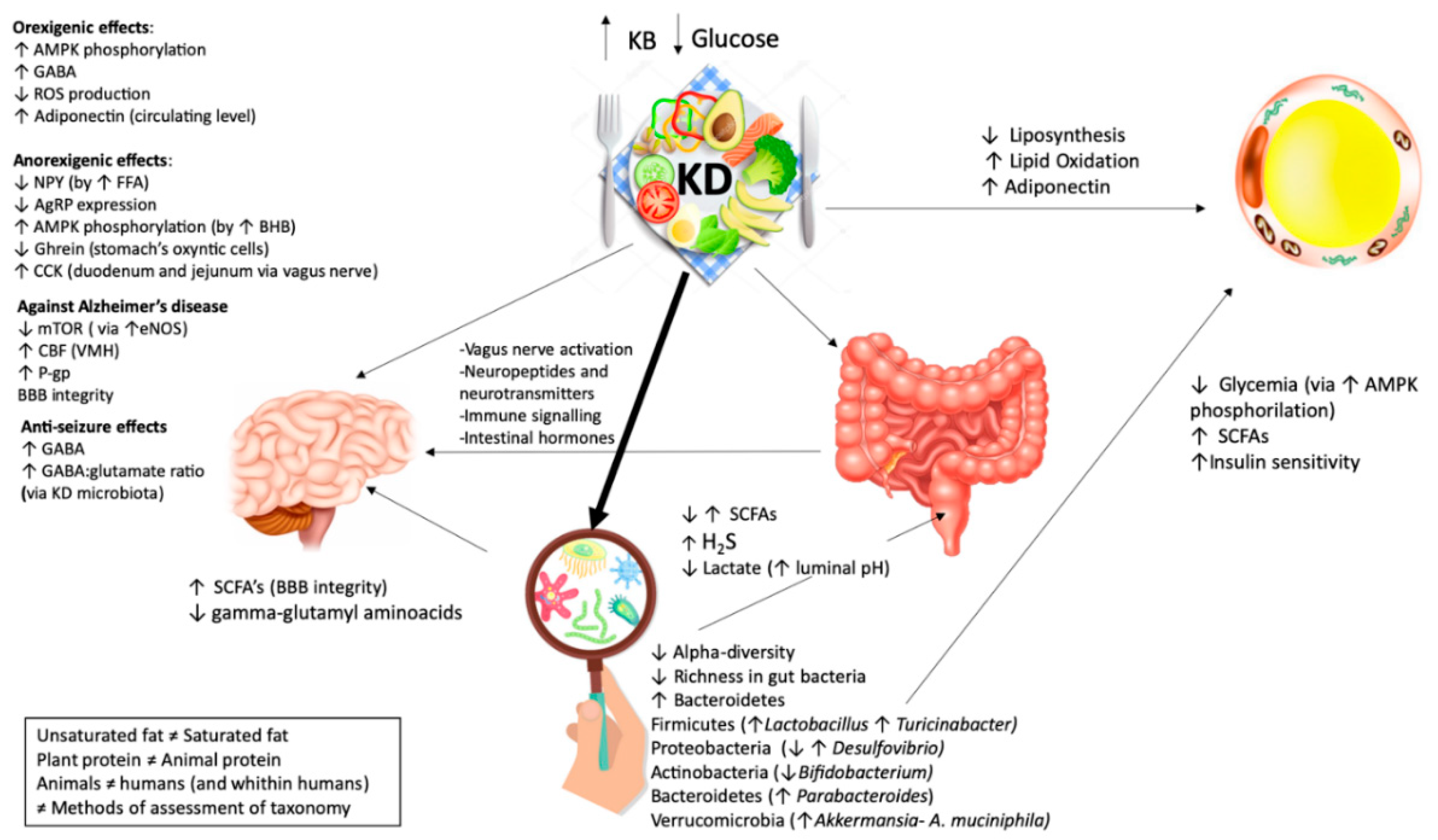ketogenic diet for epilepsy mechanism Ketogenic diet metabolic therapy
Ketogenic Diet for Epilepsy
One of the most well-known applications of the ketogenic diet is in the treatment of epilepsy, especially for individuals who do not respond to traditional anti-seizure medications. Research studies have shown that the ketogenic diet can significantly reduce the frequency and severity of seizures in both children and adults with epilepsy.
 The image above illustrates the impact of the ketogenic diet on epilepsy. By limiting carbohydrate intake and increasing fat consumption, the diet helps to stabilize brain activity and reduce the occurrence of seizures. The exact mechanisms behind its effectiveness are still being studied, but it is believed that the ketone bodies produced during ketosis have a neuroprotective effect and help regulate neuronal excitability.
The image above illustrates the impact of the ketogenic diet on epilepsy. By limiting carbohydrate intake and increasing fat consumption, the diet helps to stabilize brain activity and reduce the occurrence of seizures. The exact mechanisms behind its effectiveness are still being studied, but it is believed that the ketone bodies produced during ketosis have a neuroprotective effect and help regulate neuronal excitability.
Ketogenic Diet for Metabolic Disorders
Another area of interest is the potential use of the ketogenic diet in managing metabolic disorders such as obesity, type 2 diabetes, and metabolic syndrome. The low-carbohydrate nature of the diet helps to improve insulin sensitivity, promote weight loss, and lower blood sugar levels.
 The second image depicts the potential protective mechanisms of the ketogenic diet in metabolic disorders. By reducing carbohydrate intake, the diet promotes a state of ketosis, which stimulates the breakdown of stored fat and increases the production of ketone bodies. These ketone bodies have been shown to improve insulin sensitivity, reduce inflammation, and enhance mitochondrial function, all of which contribute to better metabolic health.
The second image depicts the potential protective mechanisms of the ketogenic diet in metabolic disorders. By reducing carbohydrate intake, the diet promotes a state of ketosis, which stimulates the breakdown of stored fat and increases the production of ketone bodies. These ketone bodies have been shown to improve insulin sensitivity, reduce inflammation, and enhance mitochondrial function, all of which contribute to better metabolic health.
In addition to epilepsy and metabolic disorders, the ketogenic diet is also being investigated for its potential in cancer treatment, neurodegenerative diseases, and other conditions. While the research is still in its early stages, preliminary findings suggest that the diet may have promising therapeutic effects.
It is important to note that the ketogenic diet is not suitable for everyone and should be approached with caution. Individuals considering this dietary approach should consult with a healthcare professional or registered dietitian to ensure proper monitoring and guidance. Furthermore, the diet may require adjustments based on individual needs and medical conditions.
In conclusion, the ketogenic diet has shown promise as a therapeutic intervention for various health conditions. Its unique macronutrient composition and ability to induce ketosis offer potential benefits for epilepsy, metabolic disorders, cancer, and neuronal diseases. However, further research is needed to better understand its mechanisms of action and potential long-term effects. As always, it is important to consult with a healthcare professional before making any significant dietary changes or starting a new diet.
Ketogenic Diet Epilepsy Mechanism - Defibrillatorusereviews.blogspot.com
 defibrillatorusereviews.blogspot.comketogenic microbiota mechanism epilepsy gaba
defibrillatorusereviews.blogspot.comketogenic microbiota mechanism epilepsy gaba
Ketogenic Diet Metabolic Therapy - Diet Plan
 www.dietplanlist.comdiet ketogenic epilepsy metabolic therapy using temporal lobe hippocampal frontiersin fnmol dietplanlist
www.dietplanlist.comdiet ketogenic epilepsy metabolic therapy using temporal lobe hippocampal frontiersin fnmol dietplanlist
Can A Ketogenic Diet Cure Epilepsy? - Nutrineat
 nutrineat.comepilepsy diet ketogenic nutrineat
nutrineat.comepilepsy diet ketogenic nutrineat
Ketogenic Diet For Epilepsy – Disablities & All Sorts Of Mental Health Issues
/what-is-a-ketogenic-diet-2241628_final3-5b364771c9e77c00374825f0.png) epilepsycerebralpalsy.comdiet ketogenic epilepsy distribution started getting calorie sample mental menus many
epilepsycerebralpalsy.comdiet ketogenic epilepsy distribution started getting calorie sample mental menus many
Ketogenic Diets And Protective Mechanisms In Epilepsy, Metabolic Disorders, Cancer, Neuronal
 www.onlinelibrary.wiley.comketogenic epilepsy metabolic wiley biochemistry mechanisms degeneration disorders nerve diets neuronal
www.onlinelibrary.wiley.comketogenic epilepsy metabolic wiley biochemistry mechanisms degeneration disorders nerve diets neuronal
Epilepsy diet ketogenic nutrineat. Ketogenic diet metabolic therapy. Diet ketogenic epilepsy metabolic therapy using temporal lobe hippocampal frontiersin fnmol dietplanlist